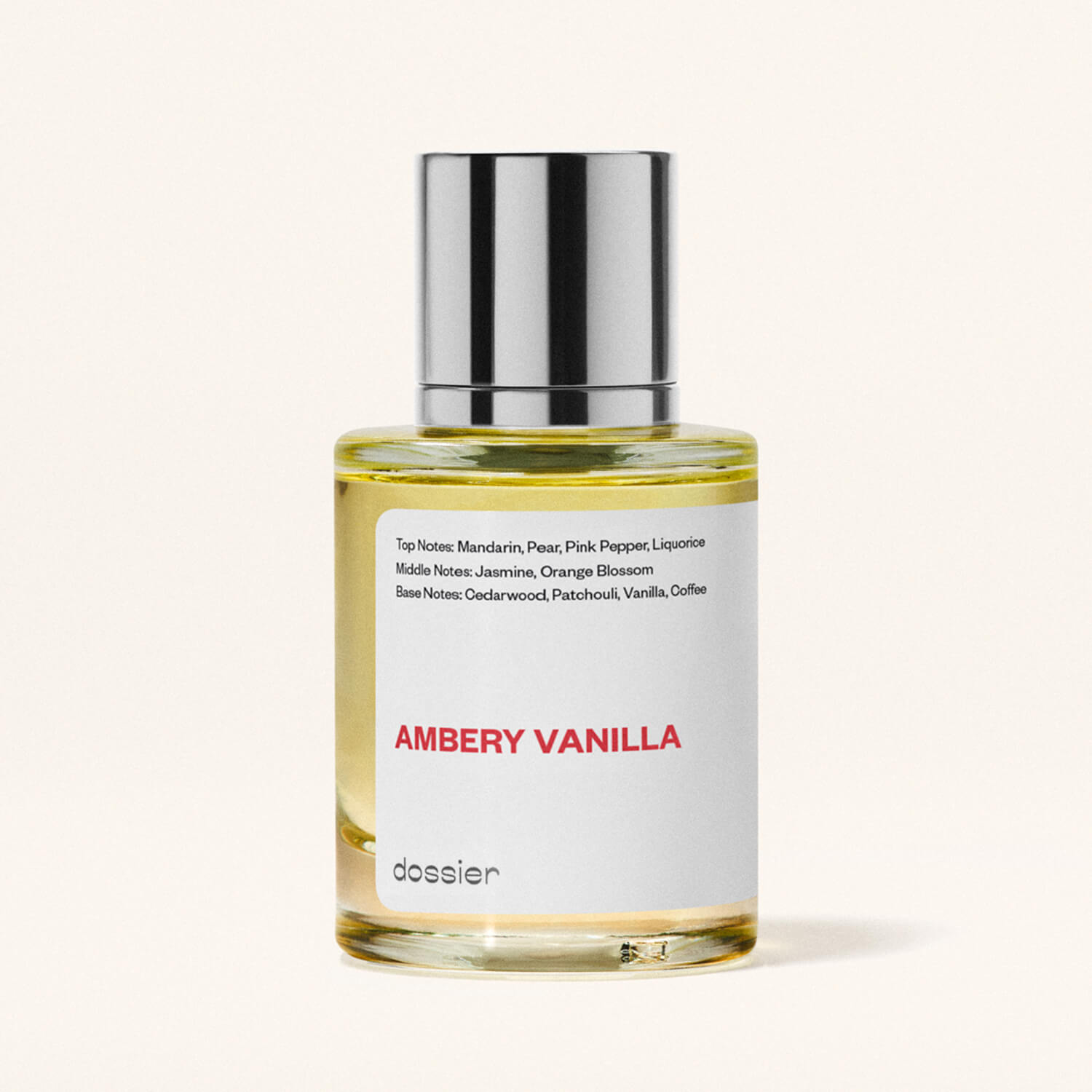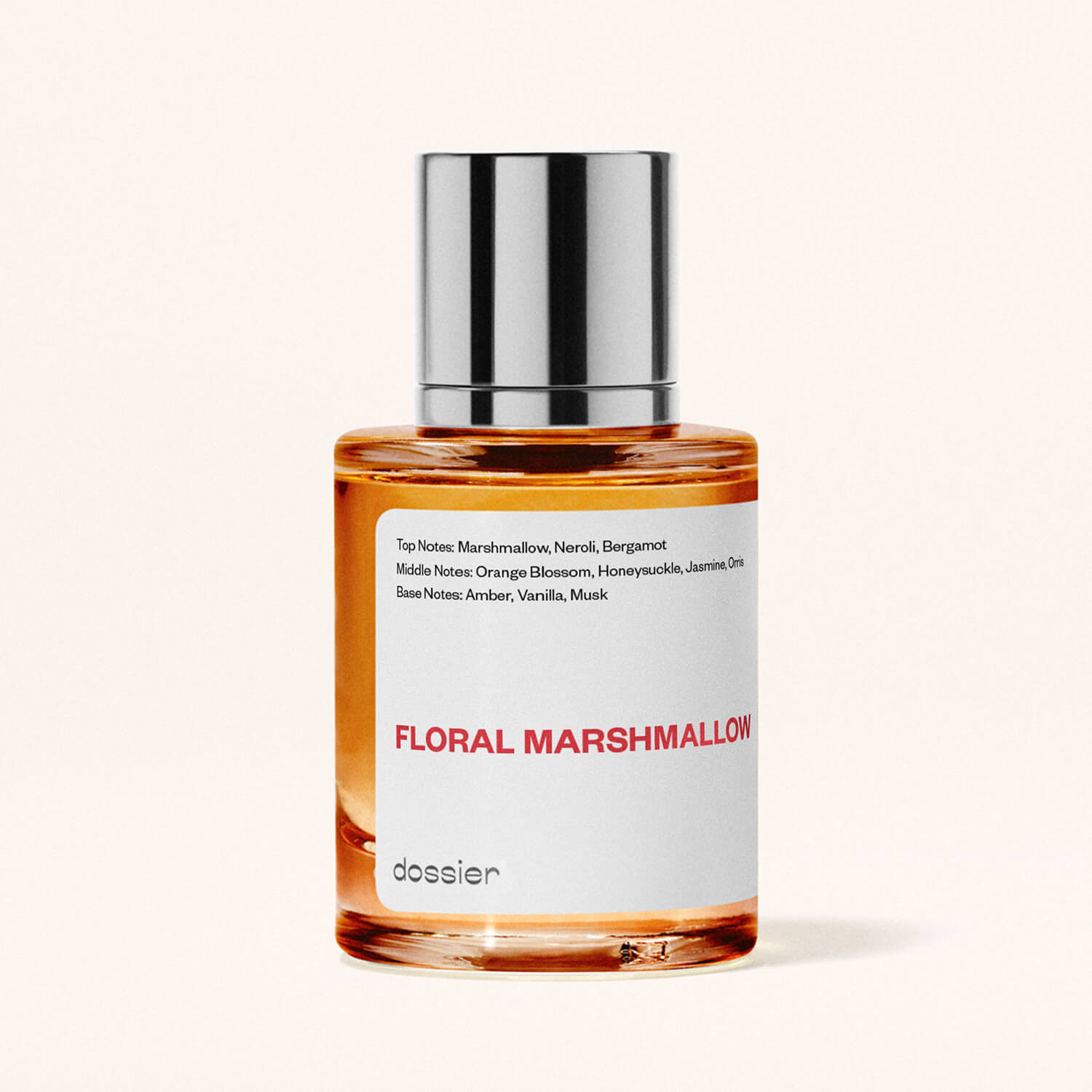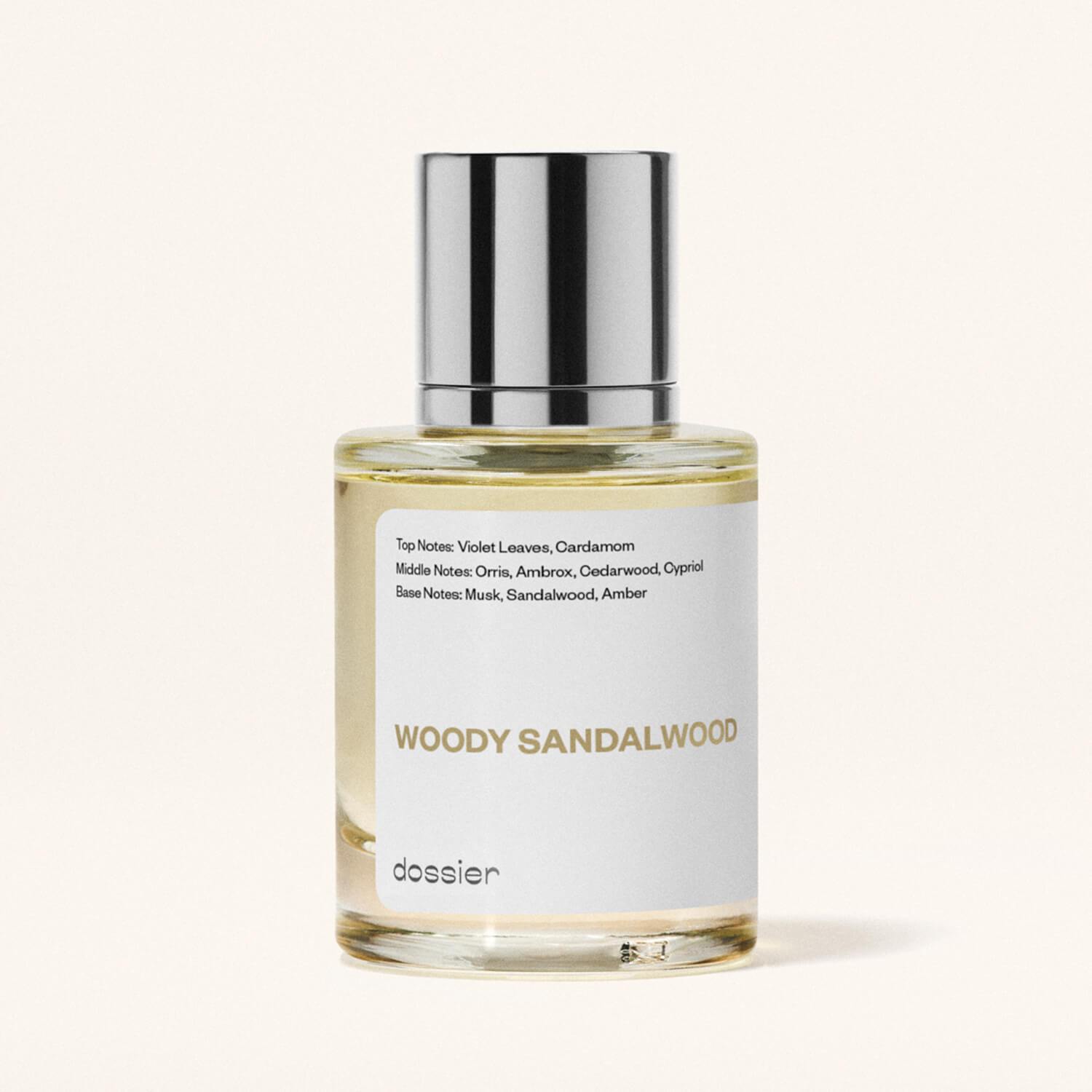Picture this: a high-profile designer brand has just launched a new perfume. Commercials are rolling, press releases are out, and advertising placements seem to be everywhere. But what about the creation process? Ever wondered how that perfume was ACTUALLY made?
For starters, we have to go back upstream to see all the years (and years) of work that can go into the launch of a single perfume.
How are fragrances created?
The creation process of most fragrances begins with a brief — that is, a synthesis of the ideas and creative direction that will guide the different stages of creation. And not just of the fragrance itself: the brief also considers the bottle, the packaging, and the way that the perfume will be communicated out into the world.
Most of the star brands you’ll see on shelves belong to a few large corporations, like L’Oréal, Coty, Estée Lauder, and LVMH. Their marketing departments are in charge of developing the brief, as well as providing olfactive directions for the perfumer. These perfumers are either in-house, working closely with the teams to develop the scent, or are a part of a third-party fragrance composition company — the same ones responsible for creating the fragrances of many household products, like shower gels, and even food flavoring for candies, yogurts, and more.
Once the brief is handed over, then the perfumer is off to work on crafting the fragrance — for at least a year, typically, but sometimes even longer. The olfactive propositions are selected, oils are extracted and blended, and the fragrance is fine-tuned according to the brand’s feedback.
There’s a whole team involved in this creation process, working hand-in-hand with the perfumer: such as evaluators and a marketing department, who provide an outside perspective; salespeople, who deal with commercial questions (or a more elegant expression?) with the brand ; and a regulatory department, who ensure that the perfume meets all regulatory constraints.
The perfume creation process
Making perfume entails a whole lot of trial and error. There can be as many as 500 fragrances trials performed (or even more, in some cases!), as well as plenty of back-and-forth communication between the brand and the fragrance composition companies.
Perfumers start by composing their fragrance formulas on a computer, which are then sent off to a laboratory assistant who will weigh out the exact amount of each raw material as the formula indicates.
Brands often conduct a consumer test at the end of the fragrance development process, which helps to measure the attractiveness of each of the final proposals. This usually takes the form of a questionnaire, where a sample of target consumers evaluate the fragrance finalists and pick their preferences.
The indie brand approach to fragrance creation
While perfumes coming from these major corporations are sometimes reprimanded for all smelling alike — often a product of leaning too much into consumer feedback testing — not all brands are created equal. The approach of “niche” or indie brands is worlds away, starting with a smaller budget and focusing more on an olfactive inspiration.
Indie brands tend to place less importance on presenting an aspirational image to consumers of the “ideal” man or woman when it comes to crafting their fragrance. Instead of doubling down on marketing and advertising dollars, they focus in on the smell itself and rely more heavily on word-of-mouth to get their perfumes out into the world. However, they may still work with the same fragrance composition companies as the larger corporations that dominate the perfume industry.
Long gone are the days when the job of a perfumer was to sit alone in their laboratory, following their intuition and inspiration to combine raw materials and create perfumes in the moment. The current state of the industry — and, thus, the process of actually making a perfume come to life — looks a whole lot different. It’s more calculated, more calibrated, and executed at a much larger scale.
One thing that never changes, though? The magic of that first spritz. A perfume can act as a portal into another world or even another version of the self — and, despite the ever-changing manufacturing process, fragrance always has the power to be utterly transformative.





